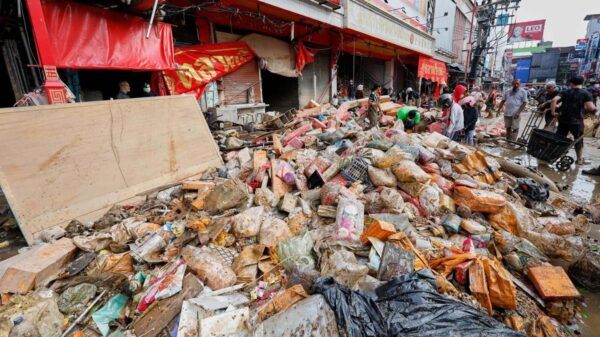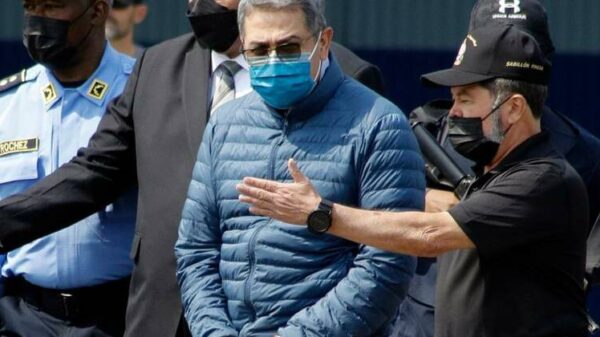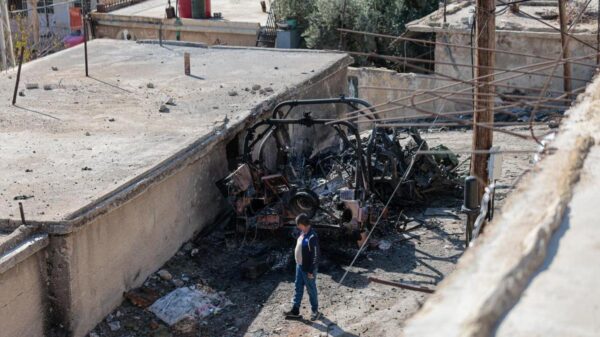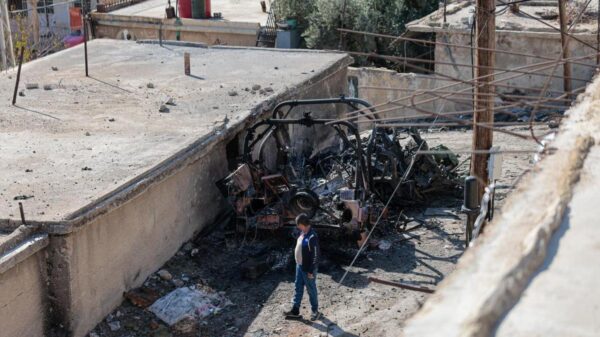A recent ceasefire in Gaza has brought a temporary halt to the violence, yet the humanitarian crisis continues to deepen. Local health workers, including Rachael Cummings, report that the demand for essential supplies remains critical, particularly in southern Gaza where access to food and medical resources is severely limited.
The ceasefire, which took effect on October 1, 2023, has allowed some aid to flow into the region, but the scale of need is overwhelming. According to the United Nations, more than 1.5 million people in Gaza are facing acute food insecurity. This situation has left many families struggling to find enough to eat, even as the bombs have stopped falling.
Healthcare facilities are also grappling with shortages. Cummings, who works at a clinic in southern Gaza, emphasizes that the challenges extend beyond food. “The need for supplies is huge,” she states, highlighting the dire conditions that patients face. The clinic, which serves a significant number of families, has seen a spike in malnutrition cases among children, underscoring the urgent need for both food and medical supplies.
The World Food Programme has reported that food distributions have increased since the ceasefire, yet they are nowhere near sufficient to meet the demand. Aid groups on the ground are struggling to keep pace, with many shipments delayed due to ongoing logistical challenges. The situation remains precarious, as the permanent resolution to the conflict is still uncertain.
Local residents express their frustration and desperation. Many families have been displaced multiple times over the past months, compounding their vulnerability. “We don’t know where our next meal will come from,” one resident shared, illustrating the harsh realities faced by those living in the region.
As humanitarian organizations work tirelessly to deliver aid, they face numerous obstacles. Security concerns, damaged infrastructure, and bureaucratic hurdles have all hindered efforts to provide consistent support. The need for a coordinated and sustained response is imperative to address the ongoing crisis effectively.
Experts warn that without immediate action, the situation could worsen significantly. The potential for increased malnutrition and health issues among the population is alarming. Continued international attention and assistance are necessary to stabilize conditions and support recovery efforts.
In summary, while the ceasefire has provided a momentary respite from conflict, the humanitarian needs in Gaza remain critical. With over 1.5 million people in dire need of food and medical supplies, the focus must shift toward ensuring sustained aid delivery and addressing the root causes of this ongoing crisis. As Rachael Cummings and her colleagues continue their vital work, the world watches, hoping for a resolution that brings lasting peace and stability to the region.





























































